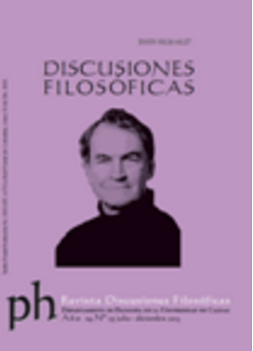Authors
Abstract
The Rationality Principle says that people act adequately to their situation, but does not specify how they must act in order to do so. Situational Analysis uses the Rationality Principle, together with a model of the social situation, to explain actions in the past. Unlike Rational Choice Theory, Situational Analysis does not try to predict or influence actions in the future. Popper regarded the Rationality Principle as false, but thought that we should use it nonetheless. This poses a problem for understanding his views about conjectures and refutations. Popper, however, thought that all scientific models are false, and that whether or not we should reject a model depends on the problem that we are trying to solve.
References
Miller, David. Critical Rationalism: A Restatement and Defense. Chicago: Open Court, 1994. Print.
Popper, Karl R. The Open Society and Its Enemies. London: Routledge and Kegan Paul, London, 1945. Print.
---. The Poverty of Historicism. London: Routledge and Kegan Paul, London, 1957. Print.
---. The Logic of Scientific Discovery. London: Hutchinson, 1959. Print.
---. “Prediction and Prophecy in the Social Sciences”. Conjectures and Refutations. London: Routledge and Kegan Paul, 1963. Print.
---. “Models, Instruments, and Truth”. Notturno, Mark A. (ed.). The Myth of the Framework. London: Routledge, 1994. Print.

 PDF (Español)
PDF (Español)
 FLIP
FLIP

























